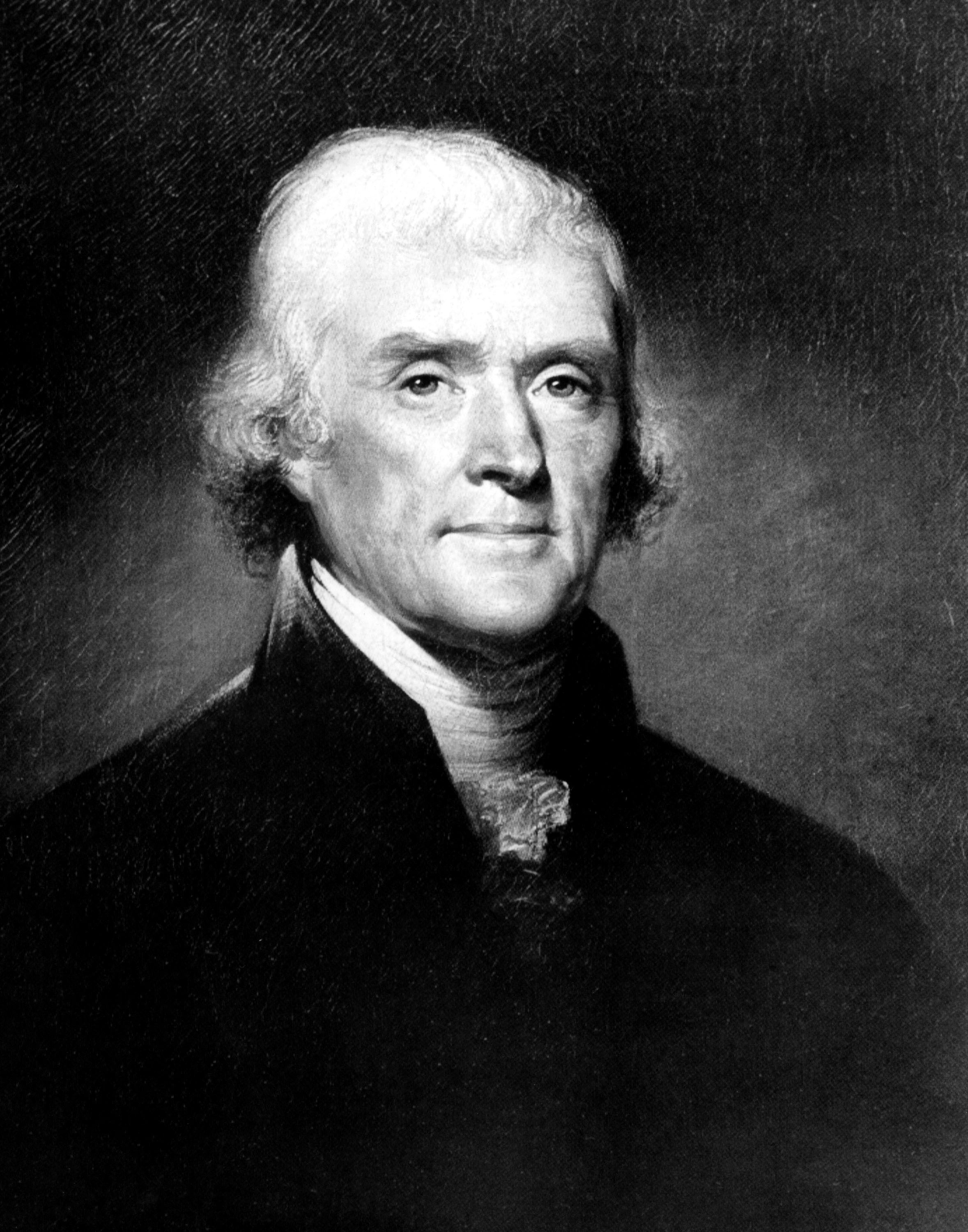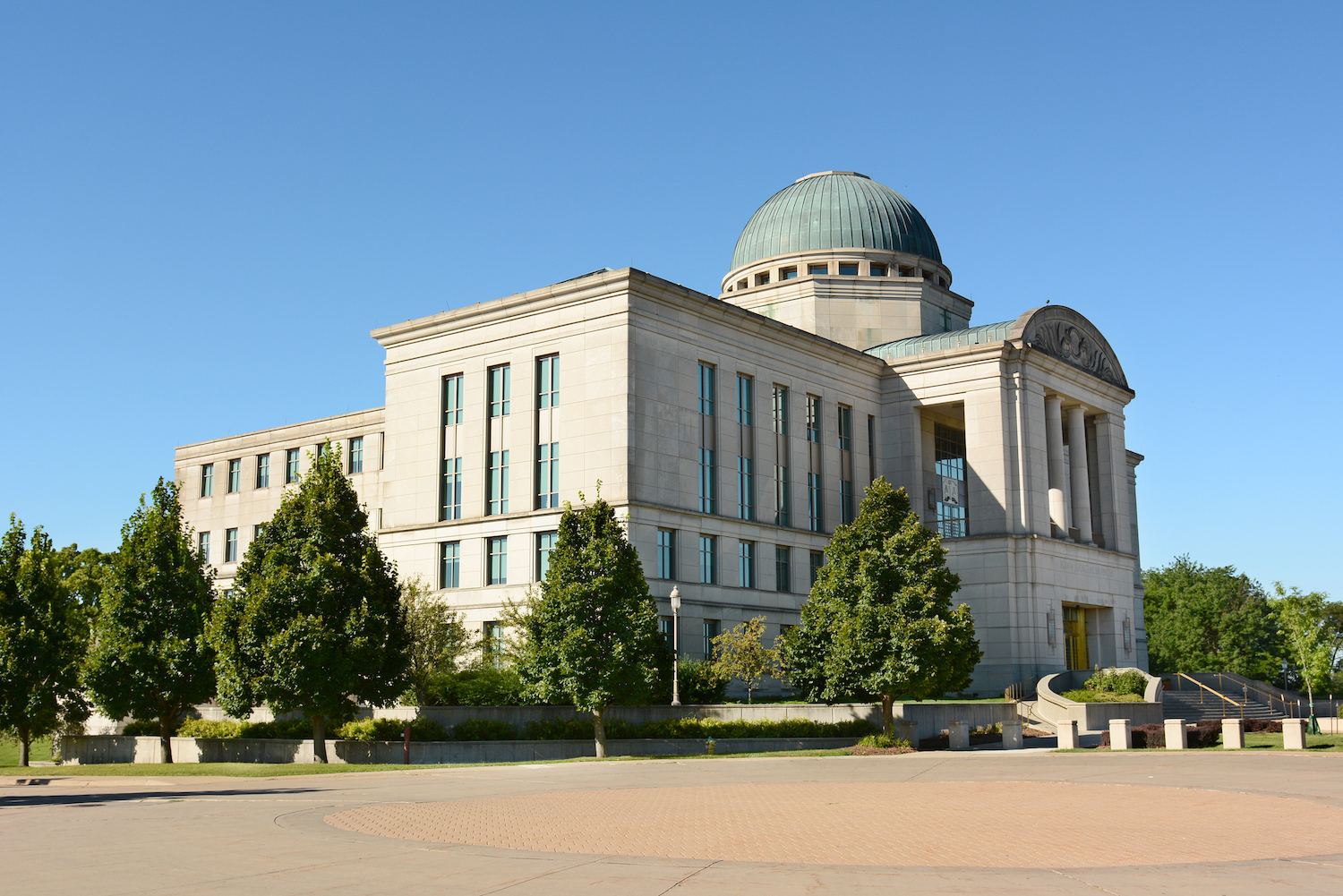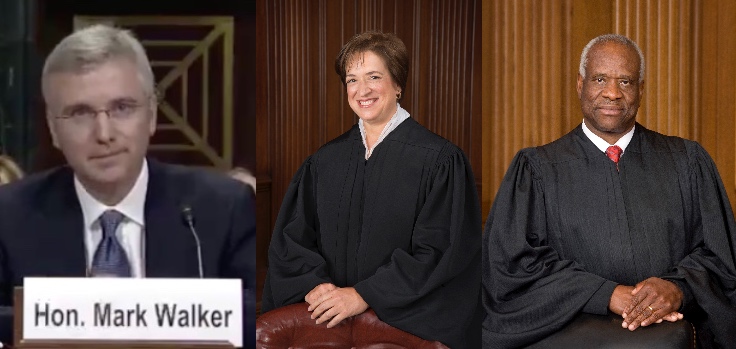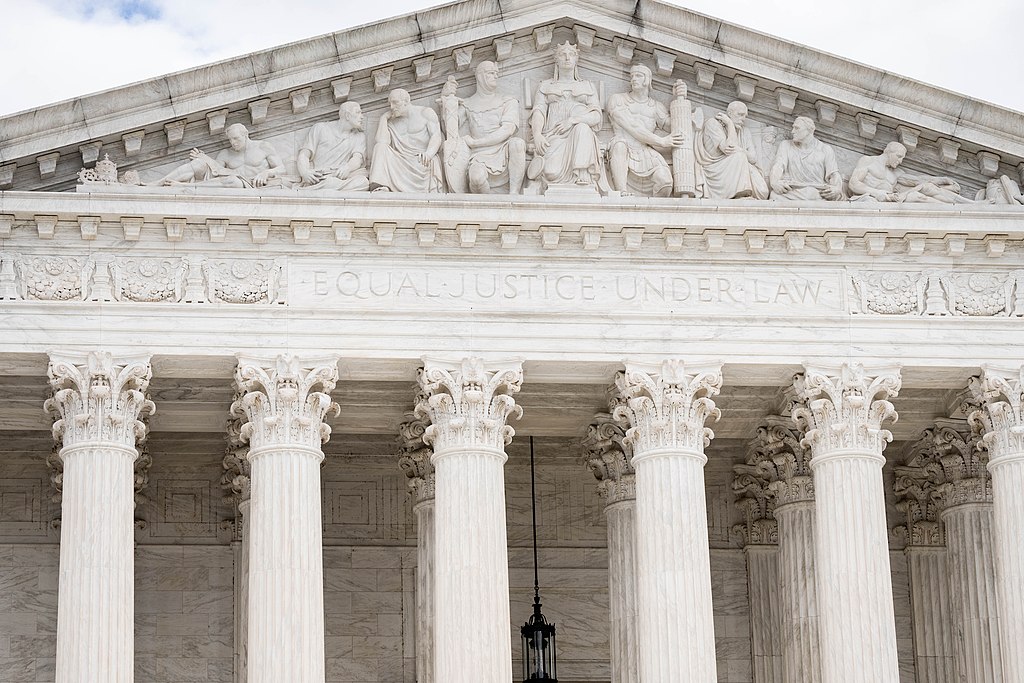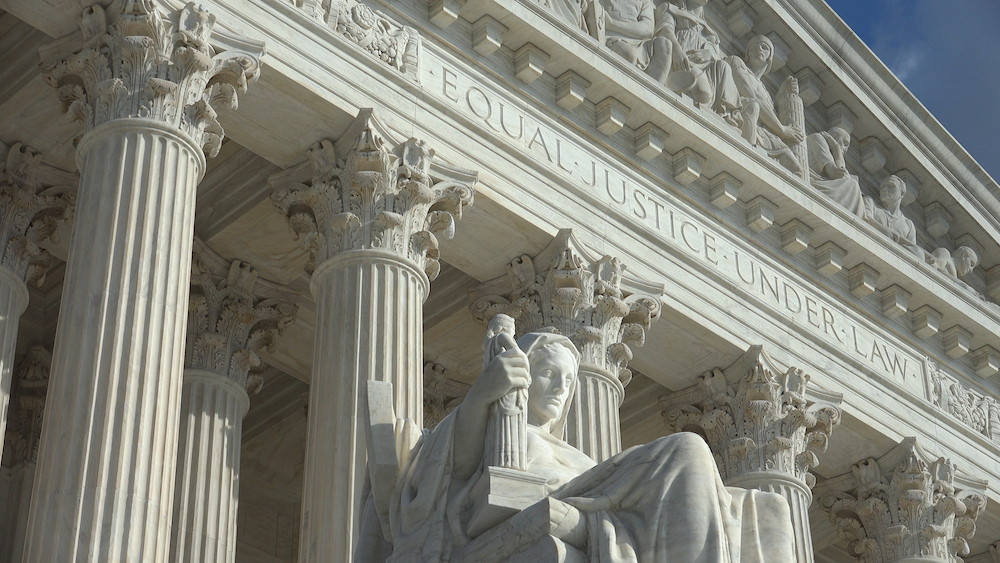It’s been a week since the Iowa Supreme Court heard oral arguments in Varnum v Brien. You can view the video of the proceedings here (scroll down the page). For three different analyses of the legal issues in this case, see the legal primers that jpmassar and Osorio wrote before the Supreme Court hearing, or this piece Chase Martyn published today.
Grant Schulte of the Des Moines Register summarized the key points raised by each side in this article. Assistant Polk County Attorney Roger Kuhle argued that:
*the district court judge erroneously threw out expert testimony;
*the Polk County recorder being sued had no choice but to follow the Defense of Marriage Act;
*allowing same-sex marriage could lead to polygamy becoming legal;
*allowing same-sex marriage could hurt children being raised by heterosexual parents;
*allowing same-sex marriage could hurt the institution of marriage, because future generations would know marriage is no longer about procreation;
*the Iowa legislature (not courts) should decide this matter.
Dennis Johnson, the attorney for the six couples seeking marriage rights, argued that:
*Iowa’s Defense of Marriage Act violates the equal protection and due process provisions of Iowa’s Constitution;
*arguments about potential damage to the institution of marriage are “highly speculative”;
*the district court judge was right to reject the expert testimony concerning the benefits of having a mother and a father;
*marriage is not about procreation, because Iowa issues marriage licenses to many people who cannot have children or who would be bad parents (e.g. sex offenders);
*Iowa already permits same-sex couples to be foster parents and adopt children;
*gay marriage would not lead to legalizing marriages between more than two people.
Drake University Law Professor Sally Frank wrote a brief play-by-play of the arguments, which she observed from the courtroom. (Side note: Iowans may not be aware that Frank is well-known for filing the lawsuit that ended gender discrimination at Princeton University’s eating clubs.) I agree with Frank’s comments about the weakest point for plaintiffs’ attorney Johnson:
The lawyer for the Plaintiffs’ (six couples seeking marriage) […] had a little trouble distinguishing his argument that marriage was a fundamental right that could not be limited to heterosexuals from the question of polygamists also having a fundamental right to marry. At one point though, he pointed out that no other Iowa laws that deal with marriage in any way would need to be changed if same sex couples were allowed to marry. This would not be the case with polygamy.
When questioned about whether Iowa would be forced to permit polygamy if the court allowed gay marriage, Johnson’s first response was to say that marriage had always been about two individuals–not strong turf when the rest of your case holds that the tradition of marriage being between a man and a woman is not sufficient grounds to deny same-sex couples those rights. He was correct to point out shortly thereafter that certain laws (e.g. related to custody or inheritance) would have to be changed if Iowa allowed polygamy.
Several people I’ve spoken with felt that Kuhle, who is an excellent attorney, was not at the top of his game last Tuesday while being questioned by the judges. They speculated that either he did not prepare enough or did not believe all of the arguments he was making.
The Iowa City Press-Citizen editorial board said watching the arguments made them
even more confused as to what compelling interest the state has in denying otherwise qualifying same-sex partners from applying for and receiving a state marriage license.
The Des Moines Register editorial board also felt many of Kuhle’s arguments were weak:
If the Iowa Supreme Court ultimately upholds Iowa’s law limiting marriage to a man and a woman, it will have to have a better reason than the one offered by defenders of the law at Tuesday’s oral argument.
Legal experts quoted in this article by Jason Hancock said they could not tell how the court will rule on this case from observing the oral arguments.
As a non-lawyer, I found it difficult to follow some of the discussion during the hearing. At Iowa Independent, Lynda Waddington wrote a good piece explaining the significance of all that talk over whether the court should apply a “rational basis” or a “strict scrutiny” standard in this case. She interviewed former Iowa Supreme Court judge Mark McCormick:
“The Court has decided quite a number of equal protection clause cases,” said McCormick. “A good deal of what the court does in [those] cases depends on what the test or standard is.”
When a case involves a routine economic issue, the court typically applies a rational basis test, he said. That means the judges seek to decide if the Legislature could have had any reasonable basis for making the classification that it did. If the judges conclude that the state had a rational reason for the law, the court won’t interfere with it, but will defer to the Legislature.
“Strict scrutiny” is a more demanding standard, he said.
“Where you are dealing with an issue like race or citizenship or something that is considered a fundamental constitutional right, the burden is on the government to prove a compelling need for the classification,” he explained.
Some prominent social conservatives in Iowa expect the court to strike down the Defense of Marriage Act, clearing a path to same-sex marriage in this state.
University of Iowa law professor Angela Onwuachi-Willig told the Iowa City Press-Citizen that she also expects the state law to be overturned. The same article noted that while the legal arguments made in this case resemble those made in other states, the attorneys for the plaintiffs also relied on legal precedents specific to Iowa:
Camilla Taylor, a senior staff attorney with Lambda Legal and lead counsel for the plaintiffs, foresees several possible outcomes of the hearing.
She said there could be an outright win or loss, the case could be remanded back to trial court to hear from more witnesses, or the court could duplicate rulings on similar cases in New Jersey and Vermont.
In those states, the courts granted civil unions but did not rule on the issue of gay marriage. Taylor said she expected the Legislatures in Vermont and New Jersey to draft legislation supporting same-sex marriage, thus taking it out of the court’s hands.
Taylor said she doubted the Iowa Supreme Court would use the last two options.
“Most likely it will be an outright win because of constitutional precedent. The cases we are relying on are very strong,” she said. “I don’t want to sound presumptuous, but I am optimistic because of the Iowa cases we are relying on.”
Meanwhile, Kate and Trish Varnum, whose name has become famous because of this case, just want to get married.
Whatever the state Supreme Court decides, gay marriage is not going away as a political issue anytime soon in Iowa.
Yesterday the Sioux City Council tabled a resolution that would have defined marriage as being between a man and a woman:
Instead, the council will seek an attorney general’s opinion about whether a city council can legally pass such a resolution and whether doing so would open the city up to litigation.
The Iowa branch of the American Civil Liberties Union has already come out against the Sioux City proposal, so the idea of litigation against the city is not far-fetched.
Arguments about gay parenting and whether homosexuality should be “normalized” in public schools will likely be prominent in next year’s school board elections. By a 6-1 vote on Monday, the Ankeny school board
denied a request by parents who said “And Tango Makes Three,” a children’s book about two male penguins that raise a chick together, should be off-limits to elementary school students.
Looking beyond Iowa, I imagine that Newsweek’s mailroom is having a busy week after the magazine published a cover story on gay marriage by religion editor Lisa Miller. The opening passage is sure to anger many:
Let’s try for a minute to take the religious conservatives at their word and define marriage as the Bible does. Shall we look to Abraham, the great patriarch, who slept with his servant when he discovered his beloved wife Sarah was infertile? Or to Jacob, who fathered children with four different women (two sisters and their servants)? Abraham, Jacob, David, Solomon and the kings of Judah and Israel-all these fathers and heroes were polygamists. The New Testament model of marriage is hardly better. Jesus himself was single and preached an indifference to earthly attachments-especially family. The apostle Paul (also single) regarded marriage as an act of last resort for those unable to contain their animal lust. “It is better to marry than to burn with passion,” says the apostle, in one of the most lukewarm endorsements of a treasured institution ever uttered. Would any contemporary heterosexual married couple-who likely woke up on their wedding day harboring some optimistic and newfangled ideas about gender equality and romantic love-turn to the Bible as a how-to script?
Of course not, yet the religious opponents of gay marriage would have it be so.
This is an open thread for any comments about the politics or the legal issues surrounding the marriage equality debate.
Continue Reading...

